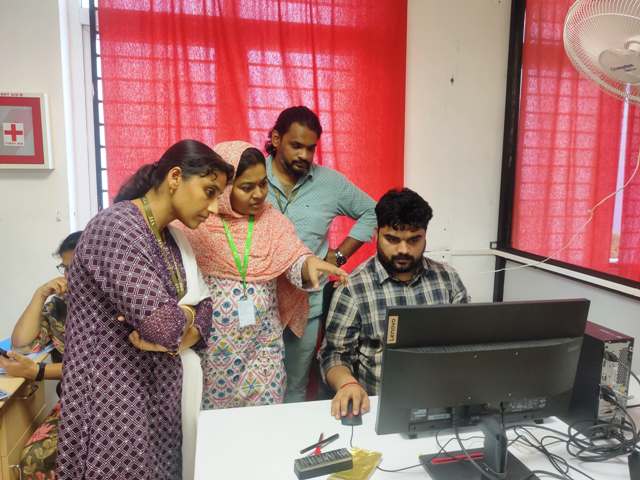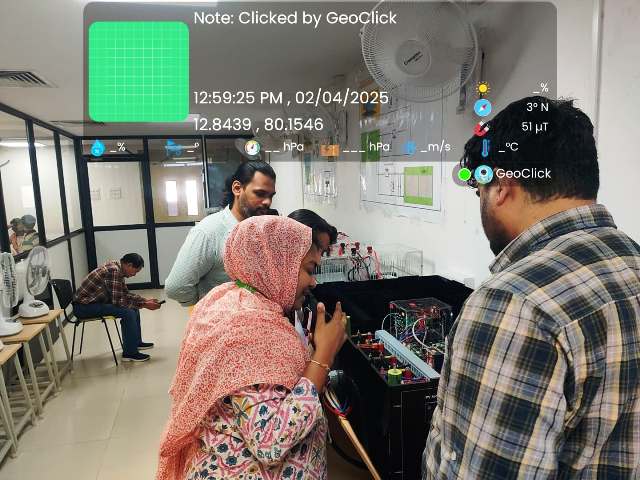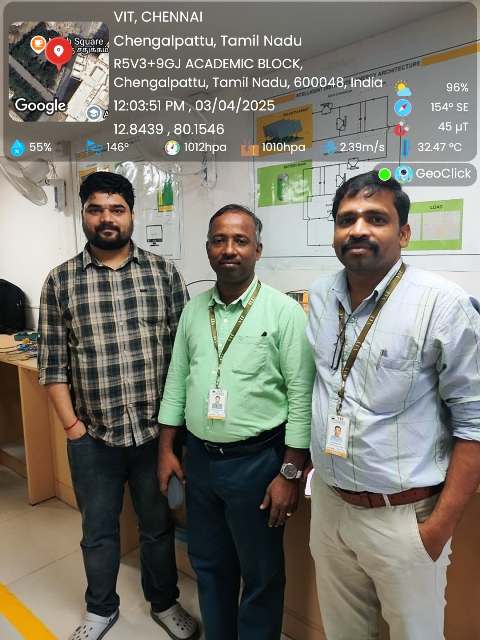DC Microgrid for DC Home Installed at VIT Chennai by Ecosense
Ecosense Sustainable
Solutions has set up a state-of-the-art DC Microgrid Lab at VIT Chennai’s School of Electrical
Engineering, empowering students and researchers with access to
next-generation DC microgrid systems. The lab focuses on clean energy
generation, battery-integrated systems, and real-time intelligent
control—laying the foundation for a sustainable and resilient energy future.



